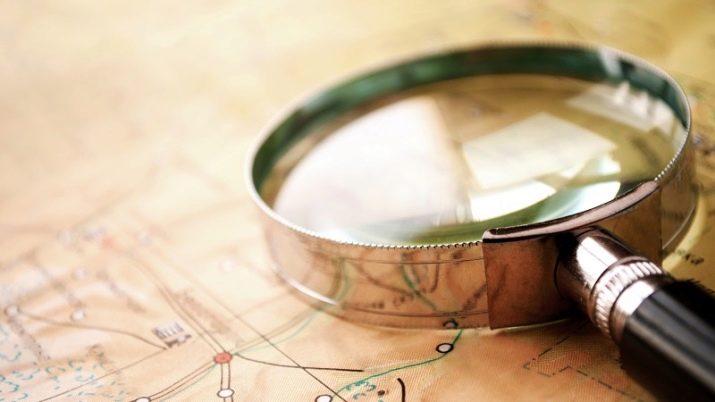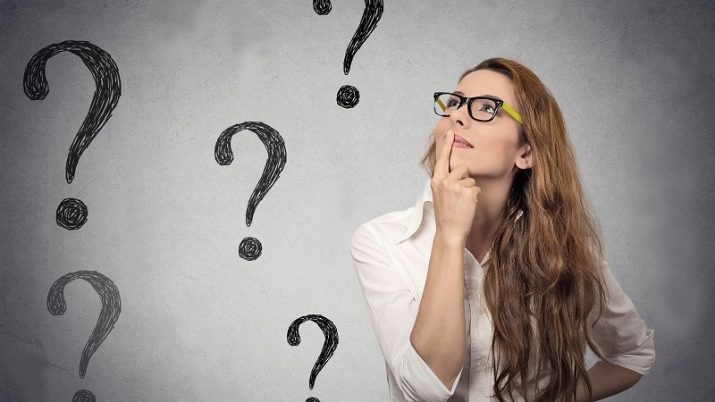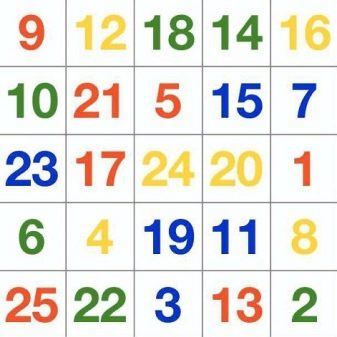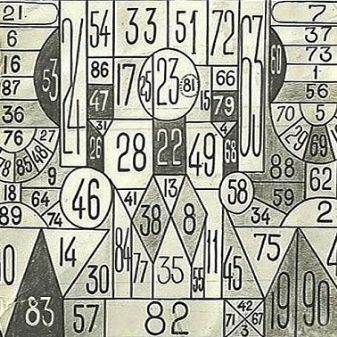What is observation and how to develop it?

Not every person is able to notice significant details of any phenomena and facts. An observant person has a special visual sensitivity that can be developed with the help of special training.

What is it in psychology?
Observation is a personality trait, expressed in the ability to focus on the perception of one object and to see subtle properties in it. An observant person tends to highlight essential, but escaping the attention of other people, details of events. Observation is closely related to the characteristics of the subject and the subject of observation:
- the ability to recognize by the behavior and appearance of a person his internal state, mental data;
- differentiation of signs through a physiognomic mask, gestures, posture, posture, gait of the individual;
- interest in a person as an object with the formation of selectivity of perception, the rapid creation of the experience of observing an individual and seeing his mental states;
- empathy manifested in the processes of interaction between people, emotional responsiveness, impressionability, anticipation of the development of the behavior of another person.
Purposeful and conscious study of reality is hidden in observation. The observer does not attract the attention of others, remains aloof. He notices and evaluates events depending on the target setting, the important components of which are preliminary preparation, clarity of the task and the activity of observation. An important role is played by the fragmentation of the problem, the formulation of particular and more specific problems.For the success of observation, regularity and systematicity are important factors.
WITHthe ability to pay attention to small details is important in professional activities. It is important for teachers, educators, psychologists, doctors to recognize the internal state of another individual by appearance and behavior. This quality is especially important for law enforcement officials. Through observation, the professional can draw up a clear psychological portrait of the individual.
An attentive person can quickly isolate the main character trait of the subject, easily recognize emotions and characterize his internal state. The discernment of the investigator often leads to the establishment of the truth.

Why do you need it?
Observation opens the way to a better understanding of the world. It allows the subject to become more aware of events and facts hidden from the eyes of ordinary people. The ability to notice the similarities and differences in identical concepts is a real art. An attentive person has great opportunities for self-improvement. Developed observation allows the subject to instantly assess the situation and make the right decision, contributes to the disclosure of the potential of the individual and the gift of predicting his own future actions. Insight is expressed in the art of seeing and feeling another person, anticipating his behavior.
The ability to mentally make a forecast in different life twists and turns saves an observant person from falling for the tricks of scammers. The ability to notice something new in familiar things is characteristic of writers, artists, production innovators, inventors, scientists.
All achievements of creative people are directly related to their observation, versatility of perception, which are often a source of inspiration and embodiment of bright ideas.

Manifestations in everyday life
Observation is closely intertwined with sensitivity, curiosity, and creativity. These qualities, formed for the purpose of knowing the world, are acquired in life experience. They are useful to a person in work and study, in everyday life. Susceptibility demonstrates the maturity of feelings. It allows the personality to go deeper into itself. Curiosity generates the desire to infinitely cognize reality. An inquisitive childish mind is evidence of this statement. Feelings and sensations arising from the perception of the information seen and heard are manifested in creativity person. The more the subject receives information when recognizing unknown facts, the more his work is more diverse and multifaceted.
Curiosity and inquisitiveness allow an individual to notice in everyday things valuable traits and signs that are not noticeable to everyone. In everyday life, poorly developed observation will not do much harm, but sometimes it can fail. An urgent need to develop this quality is required by a person who often interacts with other people.

How to develop?
Observation begins to form during the game from childhood. In the future, its development occurs while observing various natural phenomena, animal behavior, flowering of plants. Throughout life, you need to open your soul to new emotions while gaining knowledge. Try to pay attention to the objects around you. Take a close look at nature. It is very important not only to memorize certain features and nuances, but also to pass them through yourself. The acquired ability not to remain indifferent to the world around you will noticeably increase your sensitivity.
To test your observation, place 10 objects on the table. Then look at them for a few seconds. Then you need to turn away and reproduce each of the ten objects in your memory. Try to describe them in great detail.You can improve professional observation by using special techniques, setting specific tasks for yourself. For example, it is necessary to constantly compare and contrast various objects, establish a connection between them and their interaction with each other. Notice the smallest changes in things.
Periodically describe the characteristic facial features of those you know. When meeting with them, pay attention to small details, and do not try to remember a holistic image. Look into a person's eyes, take turns examining his nose, mouth, eyebrows, chin, hair color, head shape. Study the subject's physical appearance carefully.
This psychological technique will help you easily notice and remember detailed details in the appearance of strangers.

Try to focus your attention on different clothing items of friends and strangers. Choose from 4 to 10 parts, create a logical chain. Play them in your memory in the evening. On the way to the store or to your place of work, pay attention to the buildings you meet. Count the number of windows and doors, remember the shape of the roof and the location of the eaves. Move from details to a holistic perception of the whole house.
After entering the room, take a quick look around it. Try to take a mental photograph. Pay attention to the size of the room, the color of the walls, the number of chairs, tables, cabinets, paintings. Coming out of there, restore what you saw in your memory. Go back, compare the imaginary picture with the original. Repeat the steps until you get the perfect result. Each evening, replay the faces of all the people you meet during the day. Try to remember all daily events, objects and phenomena seen. Daily practice helps a person begin to pay attention to the imperceptible details of the world around him during the day.
You can train observation skills using number tables. The workout begins with a mental arrangement of numbers from 1 to 25 in a grid with randomly located numbers. This task should be completed within 4 minutes.


Then you can move on to a more complex version of the entertaining table, which is chaotically scattered numbers from 1 to 90. It is necessary to look for all the numbers in order with a glance. Anyone can use the table to test their observation. If a person mentally placed all the numbers within 5-10 minutes, then he has exceptional observation. If you find all the numbers in 10-15 minutes, that's great; in 15-20 minutes - good; in 20-25 minutes - satisfactory.
Observation skills can be developed through very effective exercises.
- Pick up any object. Consider it very carefully, try to remember the thing, not missing the smallest details. Then you need to close your eyes, and then mentally reproduce the image. Opening your eyes, look at the object of memory and understand what you missed when you mentally recreate the object. Then you need to close your eyes again and remember the already improved image. The next stage involves the image of a thing on a piece of paper from memory. Compare the drawn object with the real object, add the missing details.
- Try to observe the environment for a month with the idea that you need to capture everything you see with paints on canvas. In this way, Konstantin Paustovsky advised to increase your own observation skills. In public transport, look at passengers from this position.
Gradually, you will realize that before you did not notice many interesting details, did not see even a hundredth part of the emotions captured on people's faces.









